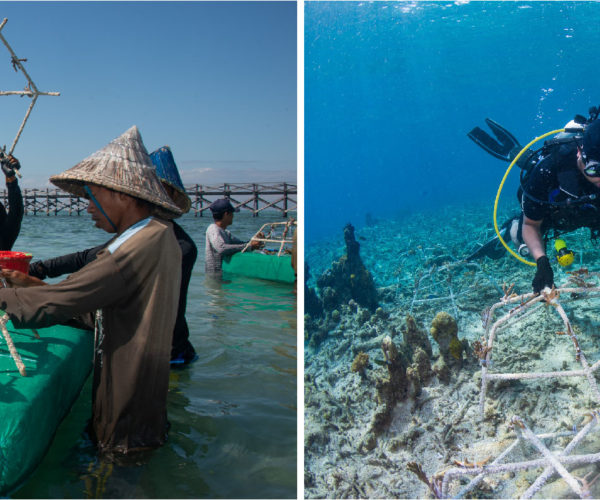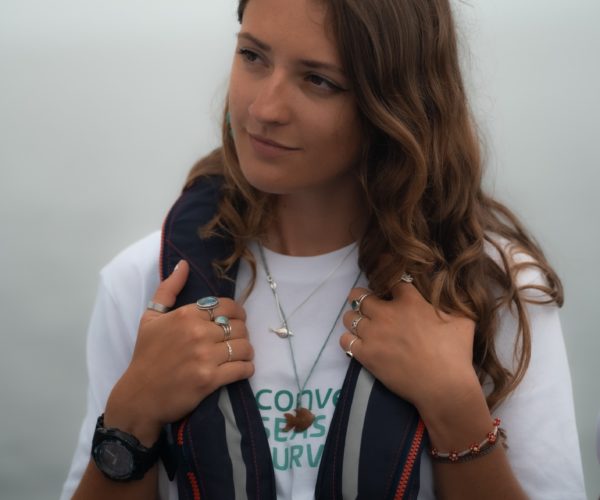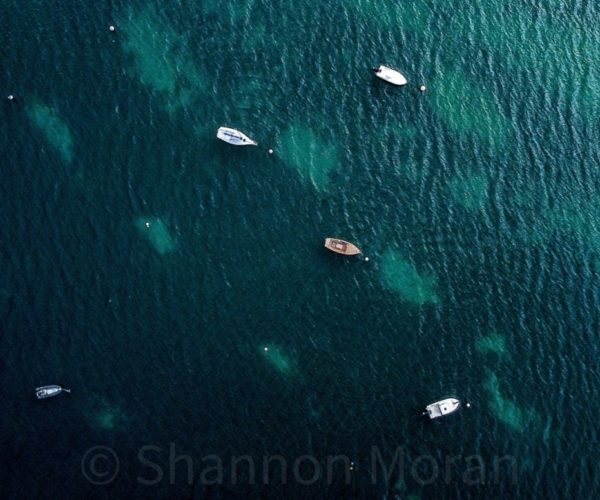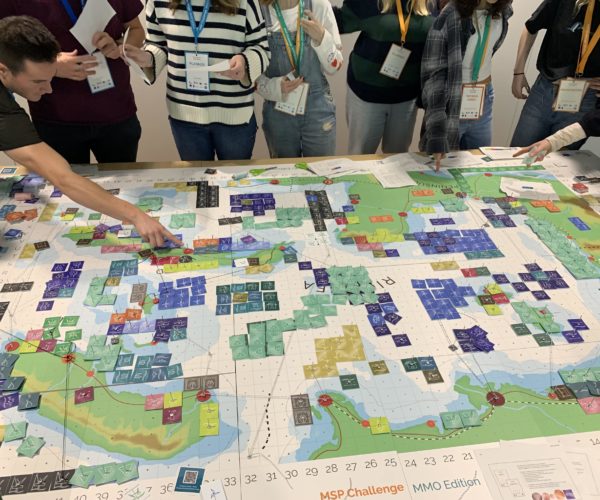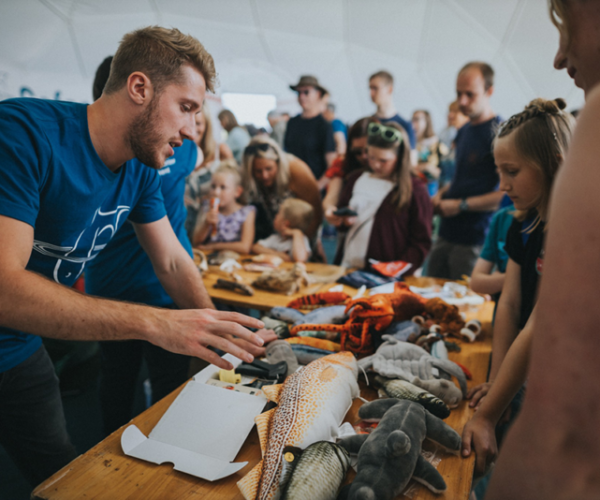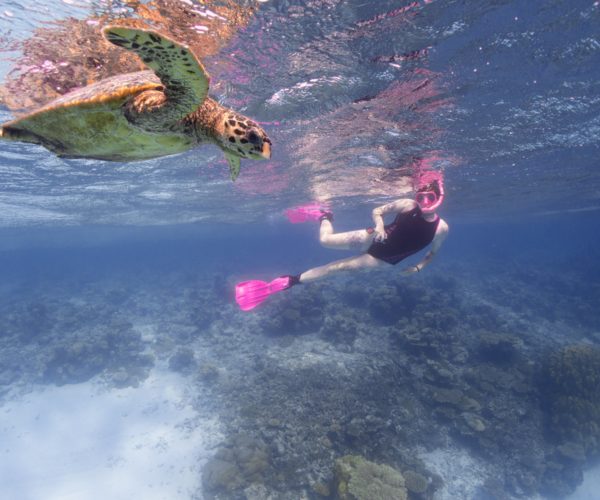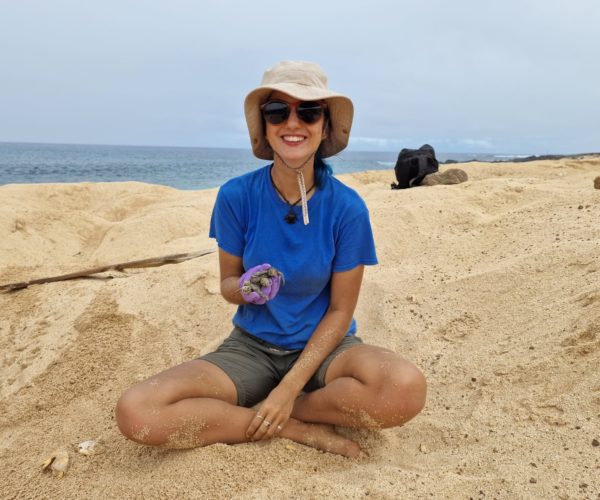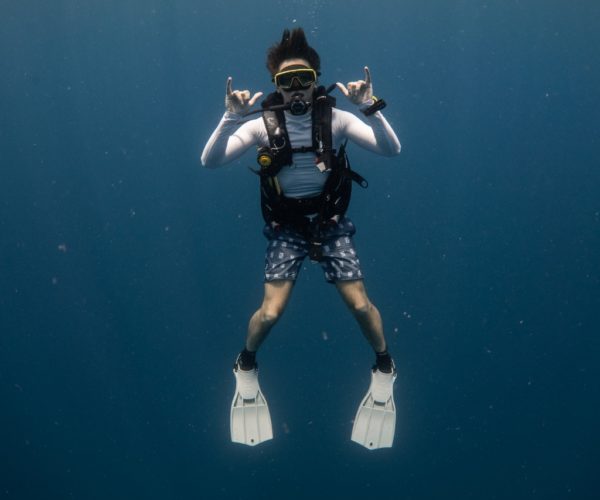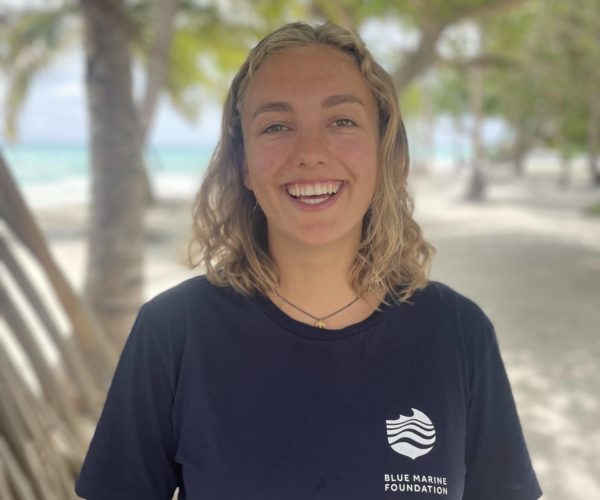Author: Dr Ines Lange The coral reefs off South Sulawesi in Indonesia are stunningly beautiful, with an incredible variety of colourful corals covering the entire […]
Tag: Marine
MSc Graduate in Focus – Tara Rebecca Williams
Our world-leading marine research underpins a wide range of undergraduate and postgraduate programmes. In our MSc Graduate in Focus series we look at the achievements of […]
Getting Under the Surface of the Helford Estuary
Written by Tara Rebecca Williams Earlier this year, I was awarded funding from ExeterMarine for an underwater photography project in collaboration with local award-winning underwater […]
An introduction to marine spatial planning with the MMO!
Last month, the Marine Management Organisation (MMO) visited the University of Exeter at our Penryn Campus to deliver a hands-on role-playing workshop for around 60 […]
Graduate In Focus: Cefas Edition
What do a communications officer, a shellfish scientist and a fish health inspector have in common? Answer: They all graduated from Zoology at the University […]
Meet a MEM MSc Student!
Our Marine Environmental Management MSc explores the relationships between coastal and marine ecosystems and human activity, delivered by internationally recognised experts in a location surrounded […]
MSc Graduate in Focus – Lorraine Aldridge
Our world-leading marine research underpins a wide range of undergraduate and postgraduate programmes. In our MSc Graduate in Focus series we look at the achievements of […]
MSc Graduate in Focus – Christopher Wenham
Our world-leading marine research underpins a wide range of undergraduate and postgraduate programmes. In our MSc Graduate in Focus series we look at the achievements of […]
MSc Graduate in Focus – Mara Fischer
Our world-leading marine research underpins a wide range of undergraduate and postgraduate programmes. In our MSc Graduate in Focus series we look at the achievements of […]
Exeter Marine Podcast: Becoming Marine Biologists – with Lauren Henly, Emma Weschke and Tim Gordon
Scientists at Sea · Becoming a Marine Biologist – with Lauren Henly, Emma Weschke and Tim Gordon This episode was recorded back in early 2019. […]

